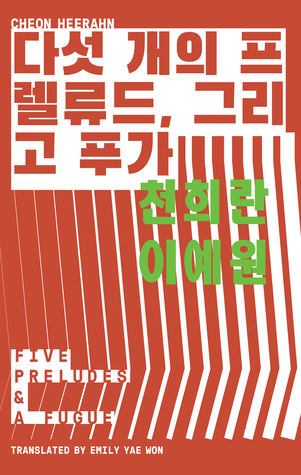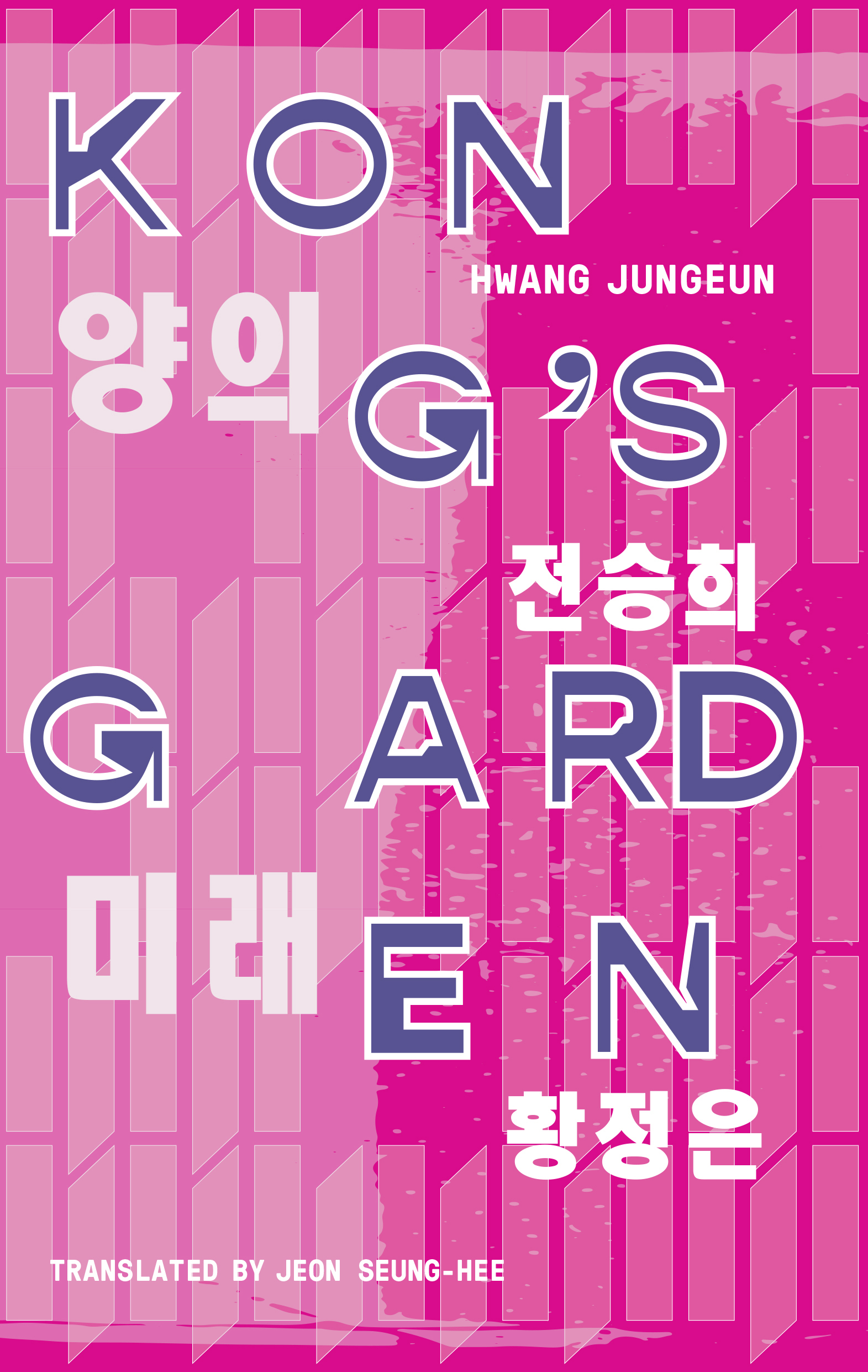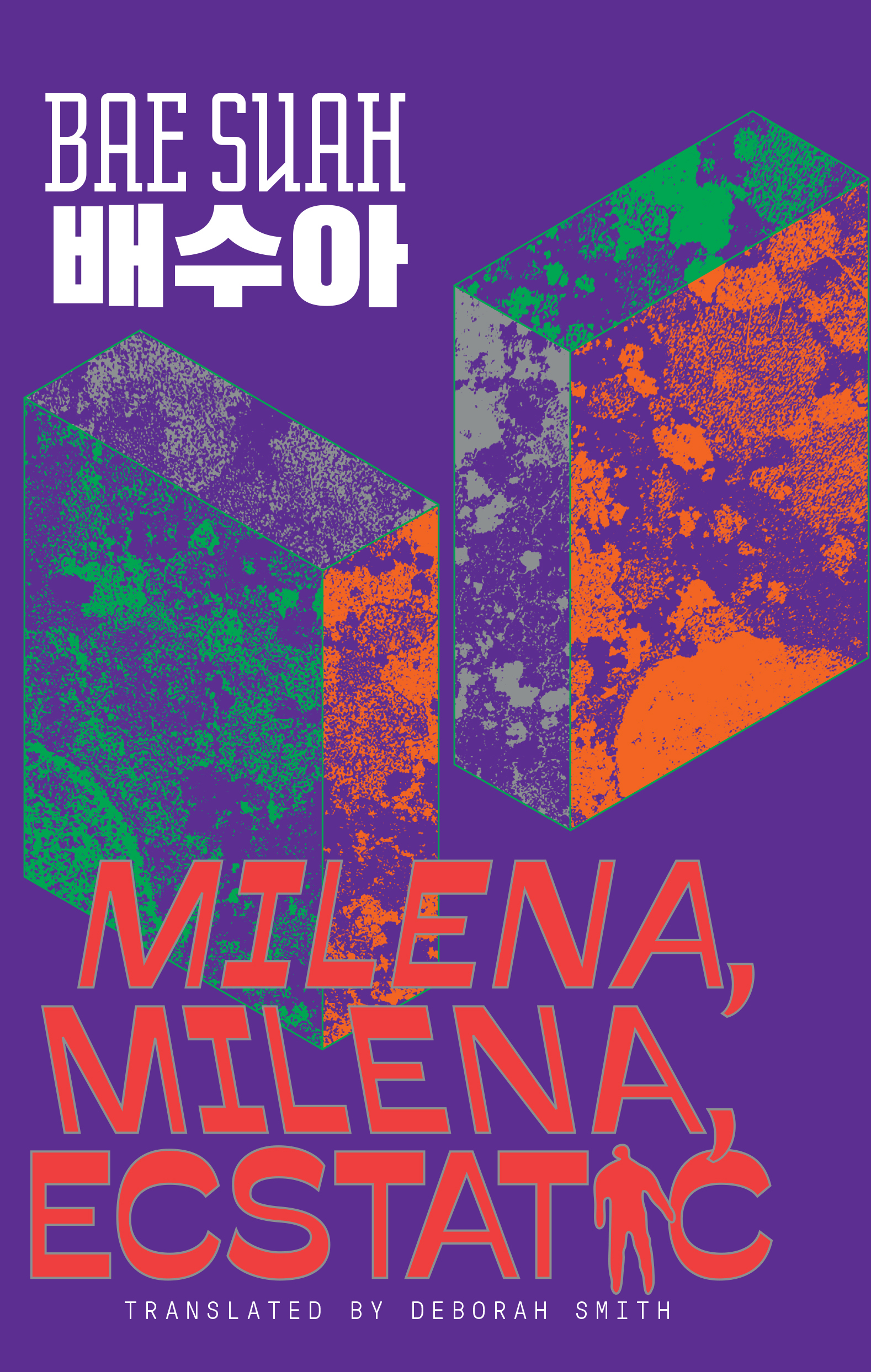
Part of Series
A young woman delves into the circumstances of her mother’s death ahead of her own marriage, interrogating a woman who witnessed her mother’s death and would later come to play a crucial role in her life. An exploration of the human (in)capacity for (self-)deception and knowledge, the story offers a nuanced portrait of contemporary (Korean) social mores. As with all Cheon’s work to date this beautifully crafted story places women at its core, and explores form and genre (in this case epistolatory) while subtly weaving into the text a deep interrogation of social issues. From the Yeoyu collection, a selection of eight short stories translated from Korean, in collaboration with publisher-activist and translation trailblazer, Deborah Smith, and featuring writers such as Han Kang and Bae Suah, among others less familiar to an English-speaking audience. 여유, Yeoyu, means something like 'scope' and/or 'relaxed' in English; scope to be yourself, to follow your own interests. In some ways it means the opposite of being constrained by convention, more to be unbounded in such a way. In a sense, it means to be oneself but with enough 'left over' — for others, maybe. It is intended to capture the diverse range of themes and styles the series, and Korean literature far more widely, has to offer the curious reader and also to say something figurative and fun about the act and process of translation.

